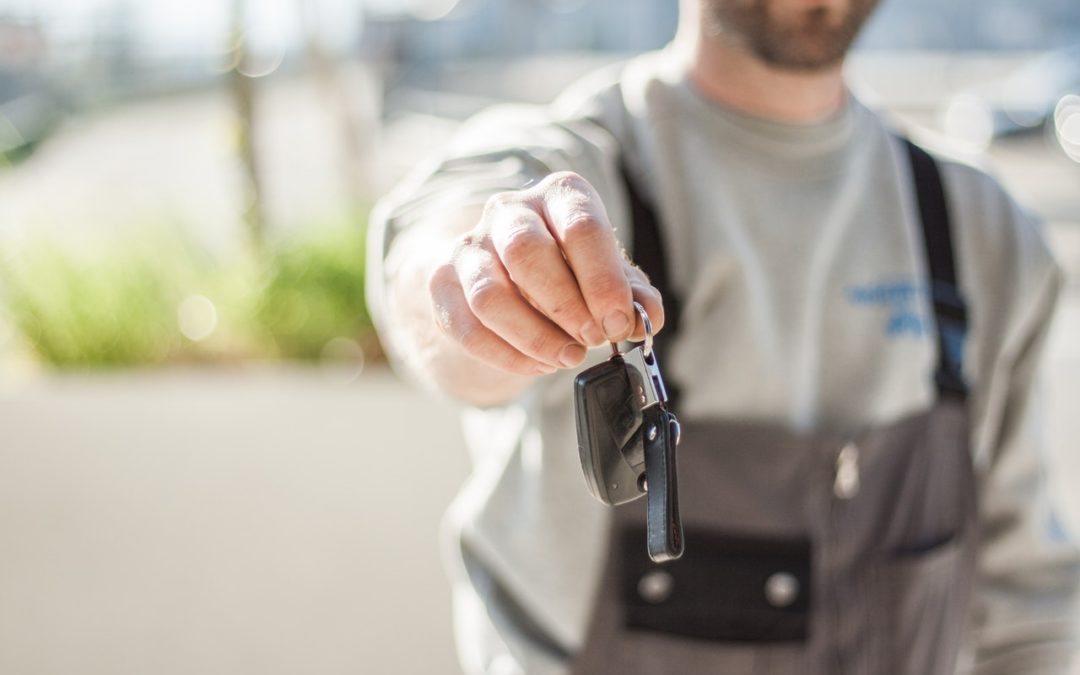A secured loan is a type of loan that has an agreement between both parties (bank and borrower) wherein the borrow puts up assets as collateral for the loan. The security part refers to the bank’s security wherein they are at a lower risk for the loan, lowering the interest rate for the loan.
Types of Secured Loans
Mortgages
Mortgages are secured because they use your home as collateral for the loan. Missed payments may lead to foreclosure or repossession of your home and you could lose it.
Car Loans
Similar to mortgages, car loans make use of your car as collateral. Missing or defaulting on payments leads to the repossession of your car.
Secured Credit Cards
Before a secured credit account can be acquired, the bank will require you to make a deposit against the card’s limit, which minimizes the risk for the bank. Secured credit cards are usually given to clients that have bad credit and are trying to build their credit history.
Title Loan
This type of loan uses an already paid-off vehicle as collateral for another loan. Title loans generally have high interest rates.
How Do Secured Loans Work?
Lenders grant secured loans on the condition that specific assets are put up as collateral for the loan. Collaterals should have a greater value than the amount to be loaned. Say you want to borrow $1,000. If you put up your $2,000 car as collateral, your loan may be approved. However, if you default, the lender will obtain your car and will then sell it to recoup the money that you owe with profit.
This setting may seem sound seeing as you’ve gained some cash in return for your car. In reality, no one really wants to lose their car (or collateral). Thus, to give you more incentive to repay the loan, lenders are generally willing to offer low interests for the loan.
Why Would Anyone Want a Secured Loan?
Secured loans are generally easier to obtain compared to unsecured loans. For those with good credit scores, unsecured loans are almost always cheaper to obtain. However, for those with mediocre credit scores, secured loans are the better alternative. Banks are also more willing to lend secured loans as they have less financial risk because of the collateral put up.
Secured loans also allow lenders to borrow larger amounts of money and over a longer period of time since lenders prefer loans that last longer to help offset hefty set-up costs. These could last from 5 to 20 years, as compared to 1 to 7 years for unsecured loans. While borrowing for longer periods decrease monthly payments to be made, this does, however, greatly increase the total interest.
For those with poor credit scores, repaying a secured loan also provides the opportunity to build credit when they are paid in full and on-time. Enhancing your credit rating will lead to better terms such as lower interests for the next time you need to borrow.
Dangers of Secured Loans
Secured loans are definitely not an easy option, especially for those with bad credit and heavy debts. They put you in danger of losing your assets. This might not be too much of a big deal if the collateral was your TV. However, a home or a car is a large concern and should not be gambled. And the addition of another debt will not make your situation any easier since it would be more difficult to meet your financial obligations, which could damage your credit standing even further.
Before obtaining a secured loan, make sure that you have considered your budget and ability to pay. Secured loans should only be a last resort.

